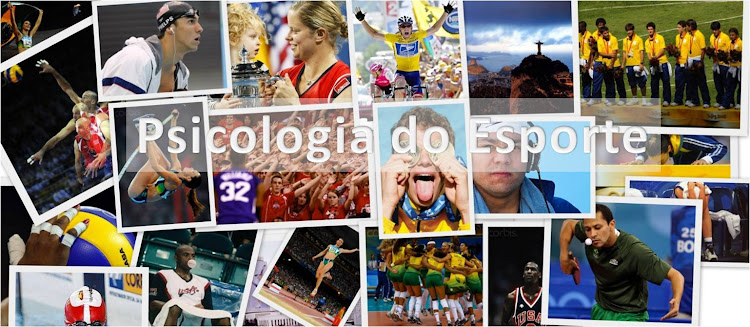
AN INVITATION TO JOIN AASP
With nearly 2,000 members from 47 countries worldwide, the Association for Applied Sport Psychology (AASP) is one of the largest organization of professionals dedicated to promoting ethical practice, science, and advocacy of sport psychology and positive experience of people in sport, exercise, and performance endeavors. If you are not already a member, we invite you to join in 2014!
AASP members enjoy the following benefits:
Four (4) print issues of the Journal of Applied Sport Psychology
Three (3) online issues of the Journal of Sport Psychology in Action
Discounted registration fees for quarterly educational webinars, on-demand viewing, and distance learning courses
Opportunity to submit Research & Outreach Grant Proposals - $30,000 USD in funds available in 2014
Discounted Registration Fees for the 2014 Annual Conference in Las Vegas, NV, USA
Eligibility to submit an abstract for presentation at AASP's 2014 Annual Conference
Eligibility to apply for one of AASP's annual prestigious junior and senior member awards
Eligibility to serve on one of AASP's volunteer committees or Special Interest Groups (SIGs)
Access to the Member Directory
Discounts on AASP's Graduate Program Directory - new online edition to be available in 2014!

AASP has a Developing Country Membership, which allows persons residing and working in Developing Countries, as defined annually by the World Bank, to be eligible for a 50% discount off all membership types.
To join, please click here for an online application. Multi-year memberships are available for your convenience.
AASP UNVEILS NEW, DYNAMIC WEBSITE

AASP launched a revamped website at its conference this past October, which is aimed at providing members, sport psychology professionals, and consumers with a number of valuable new resources right at their fingertips. The site also provides users with a cleaner, more professional look as well as easier navigation and a convenient configuration that can be accessed from your desktop computer, tablet, and mobile device. Visit www.appliedsportpsych.org for more details.
NEWSLETTER AVAILABLE FOR SPORT PSYCHOLOGY PROFESSIONALS
Interested in more information about what is going in the field? The AASP newsletter, which is published 3 times per year, features insightful articles about a wide range of sport, exercise, and performance psychology topics, educational webinars, and grants opportunities. AASP has made this resource available to the public at http://www.appliedsportpsych.org/publications/newsletter-past-issues/ Check it out!
AASP 2014: ABSTRACT SUBMISSION & TRAVEL AWARDS
The abstract submission system for AASP's 2014 conference, to be held October 15-18 in Las Vegas, Nevada USA, will be open January 1 - February 15, 2014. To submit an abstract, please join as a member and then login to the member's area of the website,here. If you have any questions, please email the Scientific Program Chair.
NEW FOR 2014: The AASP Foundation will be offering Travel Awards for student members who wish to attend AASP 2014 to present their work. Sponsored by Taylor & Francis, ten (10) awards at $750 USD each will be available. Any student wishing to submit an abstract for Travel Award consideration must check the appropriate box on the online abstract form and submit no later than February 15, 2014. Applicants must be the first author of the abstract.


